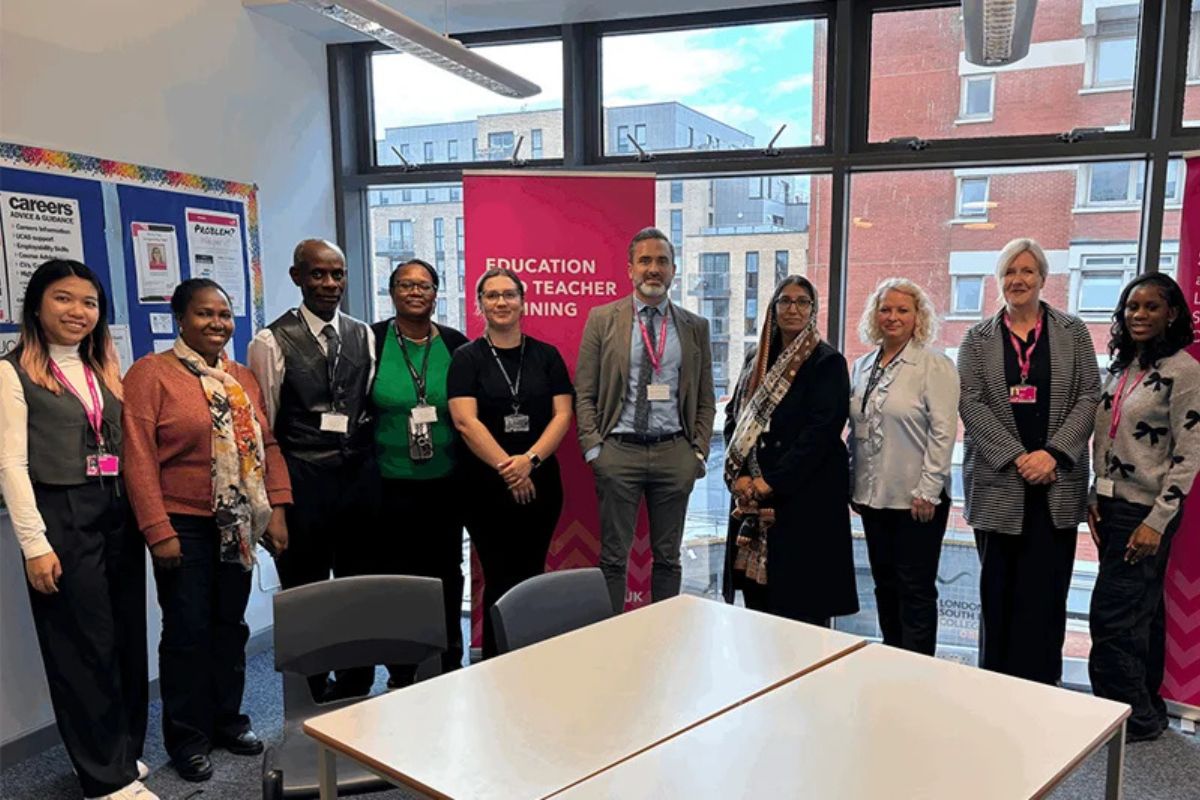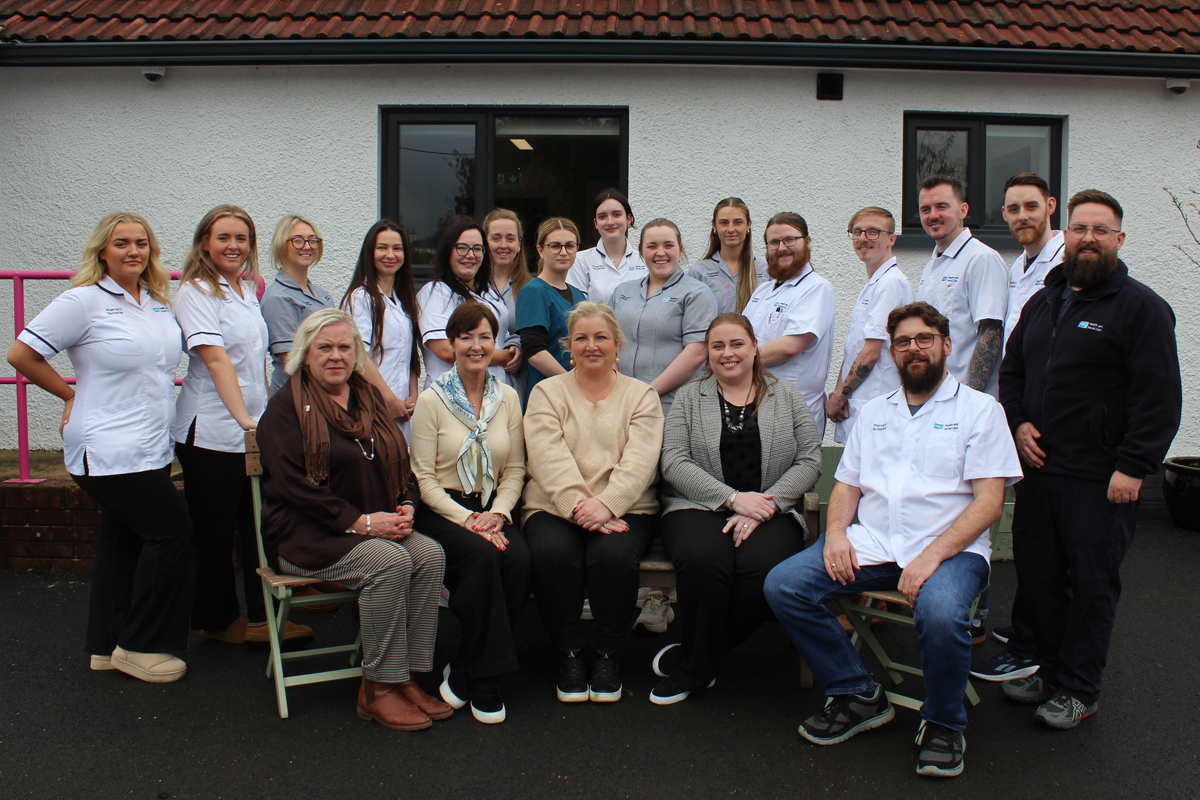Levelling Up the West Midlands by 2030

As the White Paper reminds us, ‘While talent is spread equally across our country, opportunity is not.’ This is certainly true in the West Midlands.
Inequalities in the West Midlands
Despite unprecedented pre-pandemic growth, with rising productivity, jobs and employment, parts of the regional economy are also beset with long-standing challenges around high unemployment, low pay, skills shortages and limited social mobility.
In Wolverhampton the youth claimant count is nearly twice the national average; Sandwell has the highest proportion of residents with no qualifications; and in Walsall median pay is just 90% of the national average.
Aligning Adult Skills to Economic Need
There is much good work already underway to address these challenges. The flexibilities afforded through devolution have allowed us to take a more collaborative approach to commissioning adult skills provision, strategically aligned to regional economic need.
We have been able to respond quickly to labour market challenges and invest in new provision linked to emerging demand. As a result, we have seen a 33 per cent increase in provision aligned to regional priority sectors, a seven-fold increase in higher-level skills provision and a 20 per cent increase in job outcomes through our training.
While we are proud of these achievements, there is much more to do – and the Levelling Up White Paper provides a welcome opportunity to further realise our ambitions for the region.
The recognition of the role of adult skills in levelling up is certainly to be welcomed, as is the commitment to begin reversing the decline in participation seen over the previous decade. We should bear in mind however, that achieving the mission set out in the White Paper would recover only one-quarter of the lost learners over the past decade, while a lack of new investment means that funding for adult skills will remain an estimated £750m lower in 2025 than it was in 2010.
On this basis, it’s not difficult to argue that the failure to present a long-term strategy for adult skills backed by long-term investment represents a missed opportunity. After all, the White Paper is clear that ‘levelling up requires a focused long-term plan of action’ and that previous attempts to tackle geographical disparities have been unsuccessful because they were ‘short- term, lacked scale and co-ordination’.
Deeper Devolution
For the West Midlands, the commitment to a trailblazer deeper devolution deal is certainly to be welcomed. Skills devolution has already strengthened partnership working in the region, opened up new opportunities and enabled us to test innovative solutions to long-standing problems. Further employment and skills devolution will enable us to deliver even better outcomes for residents, and we have previously proposed that this should focus around three key areas:
Firstly, the creation of a Single Skills Funding Pot would enable us to more quickly and efficiently align resources to meet local employer and community needs, through high quality provision linked to industry. It would deliver more added value through establishing clear progression pathways, from basic skills and entry level learning through to Level 3 and beyond. It would also enable us to integrate skills provision with employment support and wrap around provision – supporting more of our residents into work and improving in-work progression.
Secondly, greater responsibility for technical and vocational training in the region, would allow us to create a clearer and more integrated offer for employers and learners that will drive up higher-level skills. We have a robust understanding of our local labour market, and strong relationships with employers and providers across the region that enables us to create timely and high-quality education and skills pathways between residents and jobs.
And thirdly, devolution or co-commissioning of careers services would ensure that we can target those young people and adults most vulnerable to labour market change, signposting and supporting them to the right opportunities for them.
Levelling Up Adult Skills Funding is not a Panacea
We know that while adult skills are an important contributor to the levelling up agenda, they are not the panacea. The great potential of deeper devolution is the opportunity to integrate further skills devolution with wider levers – R&D investment, innovation, transport infrastructure, digital connectivity, health and housing – enabling us to unleash the potential of a highly skilled workforce, stimulate economic growth and productivity, and open up opportunity for individuals.
A First Step
The White Paper is, and can only be, a first step towards tackling geographical inequality. Our role is to work together with partners and to bring together otherwise siloed policy levers and funding streams to ensure that it doesn’t become a missed opportunity.
Recommendation 1
DfE should create a single devolved adult skills funding pot to better enable a joined-up skills training offer that can boost productivity, underpin economic growth and support levelling up.
Recommendation 2
DfE should devolve careers support to ensure local areas are able to target and support those young people and adults who are most vulnerable to labour market change.
Recommendation 3
Devolved areas in England should be given greater responsibility for post-16 technical and vocational training, in order to create a clear and integrated offer for employers and learners that will drive up higher-level skills.
Fiona Aldridge, Head of Skills Insight, West Midlands Combined Authority
Post-16 Education and Skills: Levelling Up Everyone, Everywhere
Campaign for Learning’s paper Post-16 Education and Skills: Levelling Up Everyone, Everywhere, is a collection of 18 articles and recommendations by leading stakeholders and thinkers across the post-16 education and skills sector.
The paper covers six key considerations for the Levelling Up agenda – national and place based strategies, young people, lifelong training, lifelong learning and post-16 providers.
As the articles show, from the perspective of post-16 education and skills policy, levelling up is about people as well as places – the policy canvas is vast, the perspectives diverse and the insights important.
Together, our authors demonstrate the need for strong, nationally based as well as place based strategies if everyone, everywhere aged 16 and over are to level up through education and skills’
Part 1: Levelling Up and National and Place
- Andy Westwood, Professor of Government Practice, University of Manchester - Levelling Up and the Department for Education
- Sam Freedman, Research Fellow, Institute for Government – Levelling Up and Post-16 Education and Skills
- Fiona Aldridge, Head of Skills Insight, West Midlands Combined Authority – Levelling Up the West Midlands by 2030
- Mark Hilton, Policy Director, London First – Levelling Up London by 2030
Part 2: Levelling Up and Young People
- Geoff Barton, General Secretary, ASCL - Levelling Up and Education: Lots of Stuff but Little Substance
- Sam Tuckett, Senior Researcher, Education Policy Institute – Levelling Up 16-19 Education
- Becci Newton, Director of Public Policy and Research, IES – Levelling Up Participation by 16-18 Year Olds
- Kathleen Henehan, Senior Policy and Research Analyst, Resolution Foundation – Levelling Up 18-24 Year Olds in England
Part 3: Levelling Up and Lifelong Training
- Olly Newton, Executive Director, The Edge Foundation - Placing Vocational Education at the Heart of Levelling Up
- Mandy Crawford-Lee, Chief Executive, UVAC – Higher Technical Education, Higher & Degree Apprenticeships and Levelling Up
- Ewart Keep, Emeritus Professor, University of Oxford – The Role of Employer Training in Levelling Up
Part 4: Levelling Up and Lifelong Learning
- Stephen Evans, Chief Executive, L&W – Levelling Up in England through Lifelong Learning
- Susan Pember, Policy Director, HOLEX – Levelling Up as a Nation of Lifelong Learning
- Simon Parkinson, Chief Executive, WEA – The Future of Adult Learning is in the Hands of Local Leaders
Part 5: Levelling Up and Post-16 Providers
- David Hughes, Chief Executive, Association of Colleges – Well-Funded Colleges to Serve Every Community
- Nick Hillman, Director, HEPI – A ‘Higher Education Institute’ in Every Community
- Chris Hale, Director of Policy, Universities UK – Levelling Up and Widening Participation into Higher Education
- Jane Hickie, Chief Executive, AELP – Levelling Up is as much about People as Places











Responses